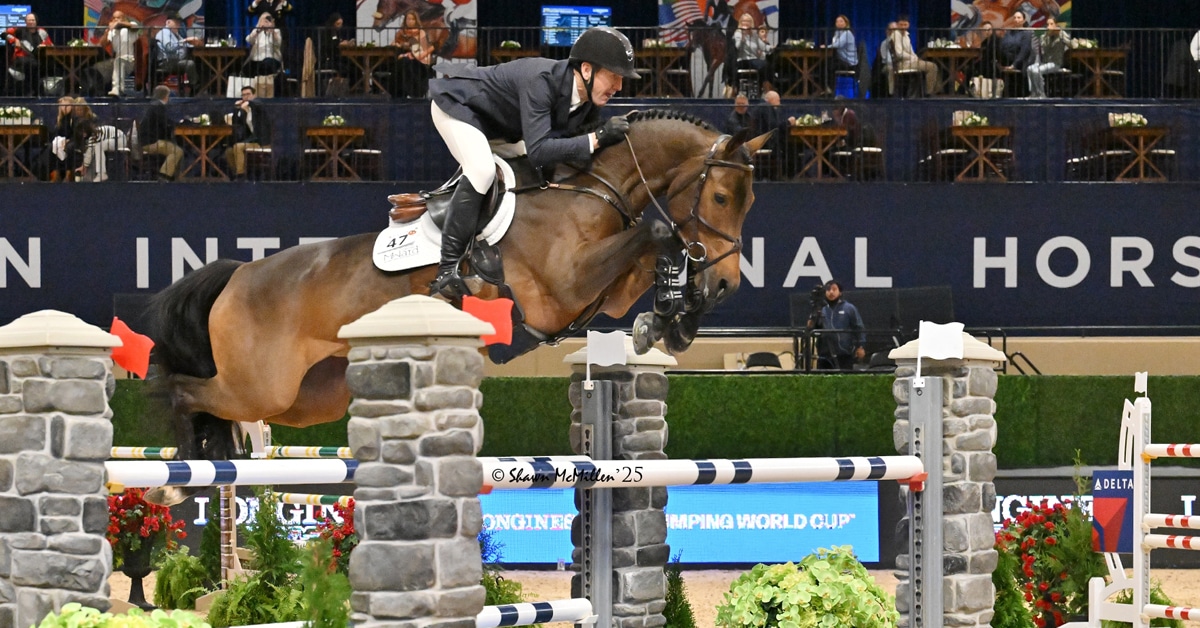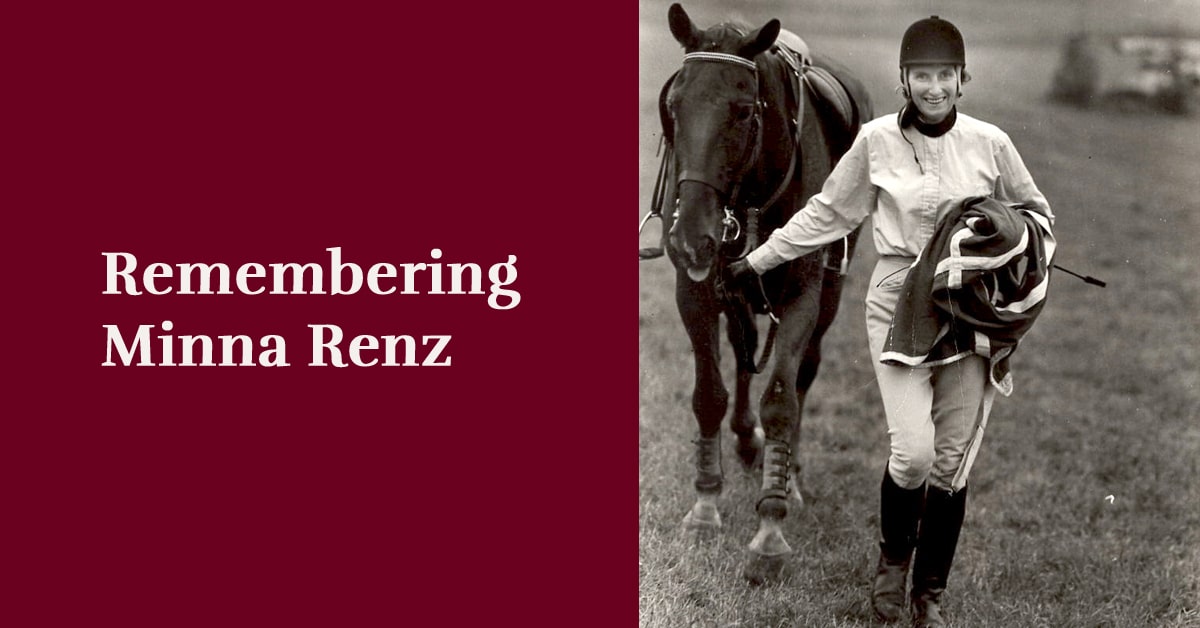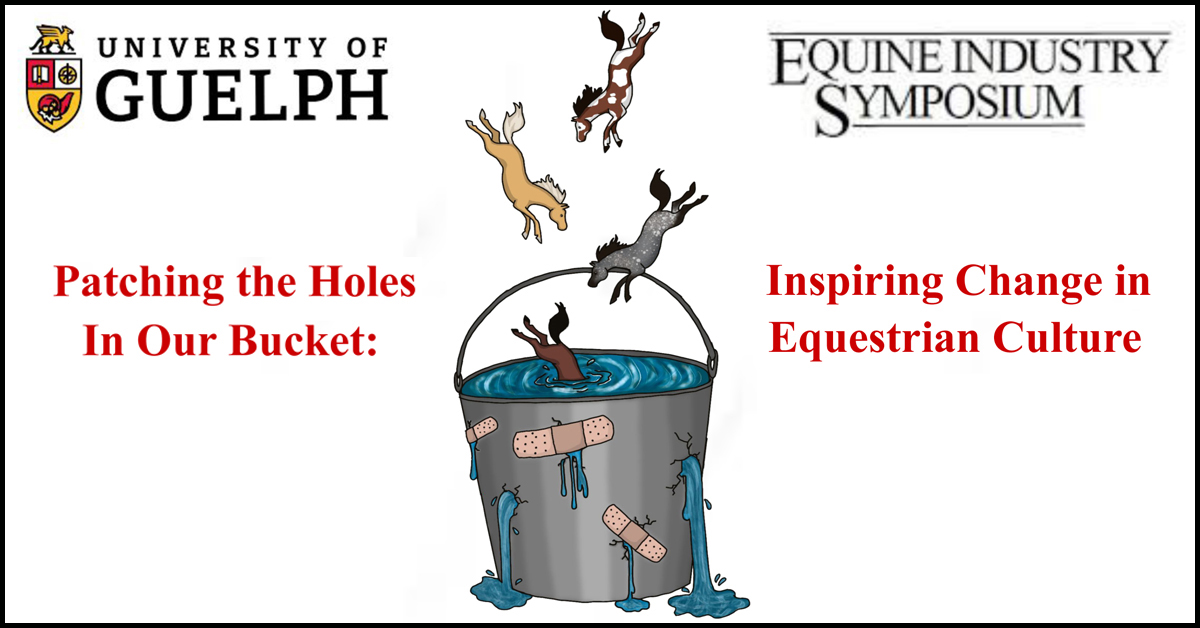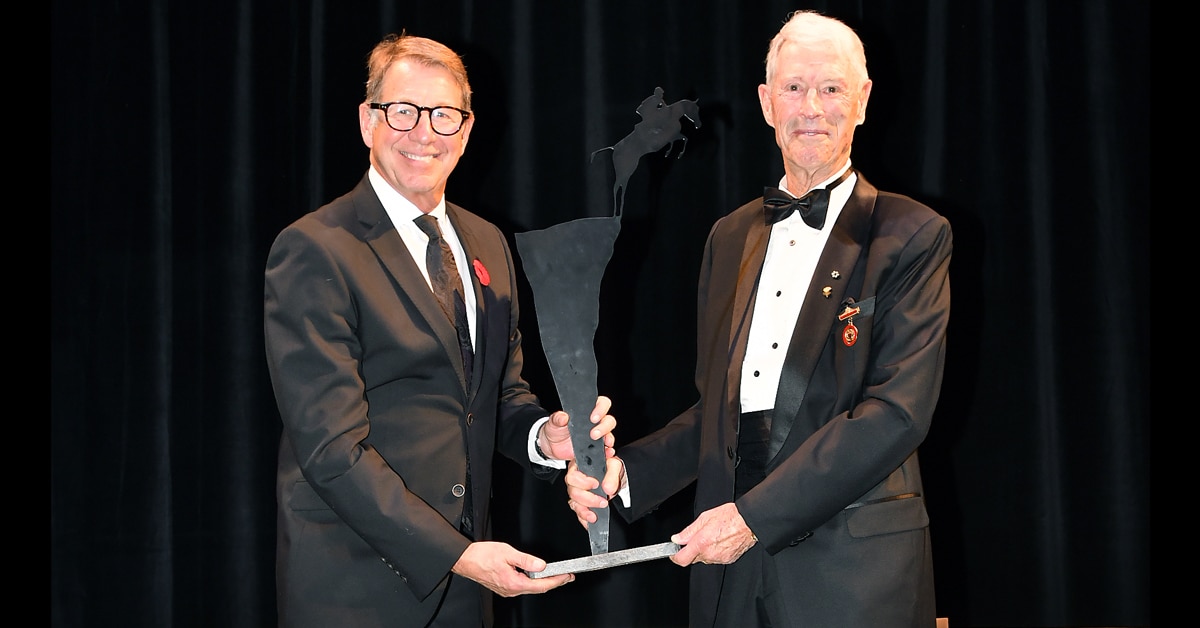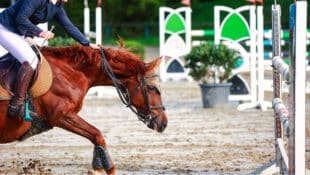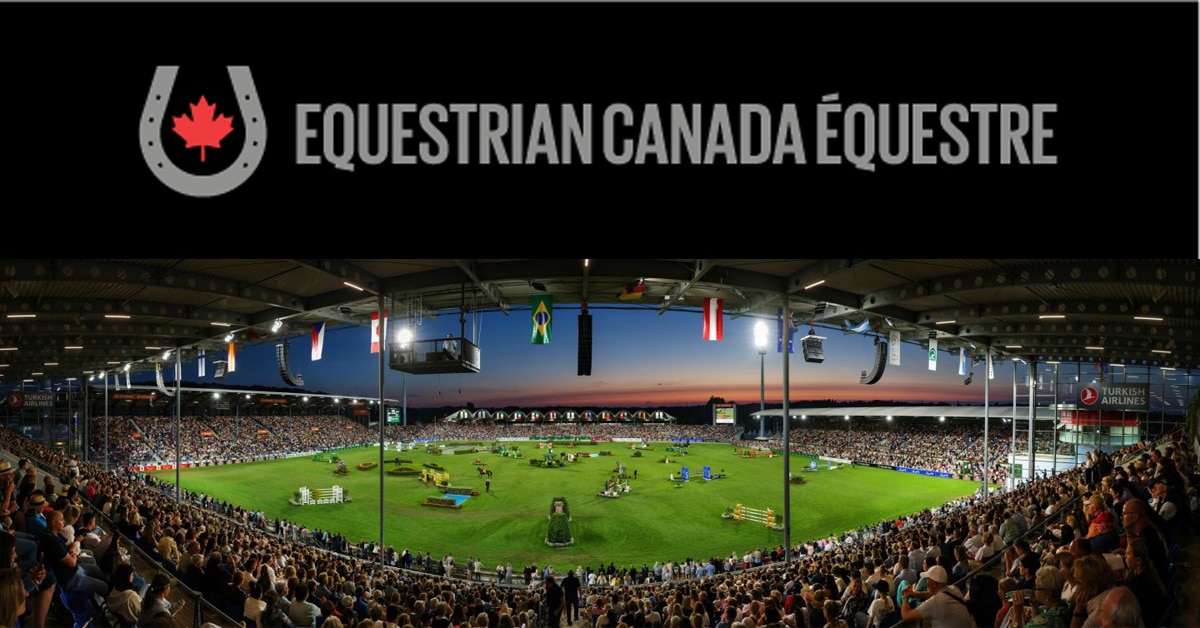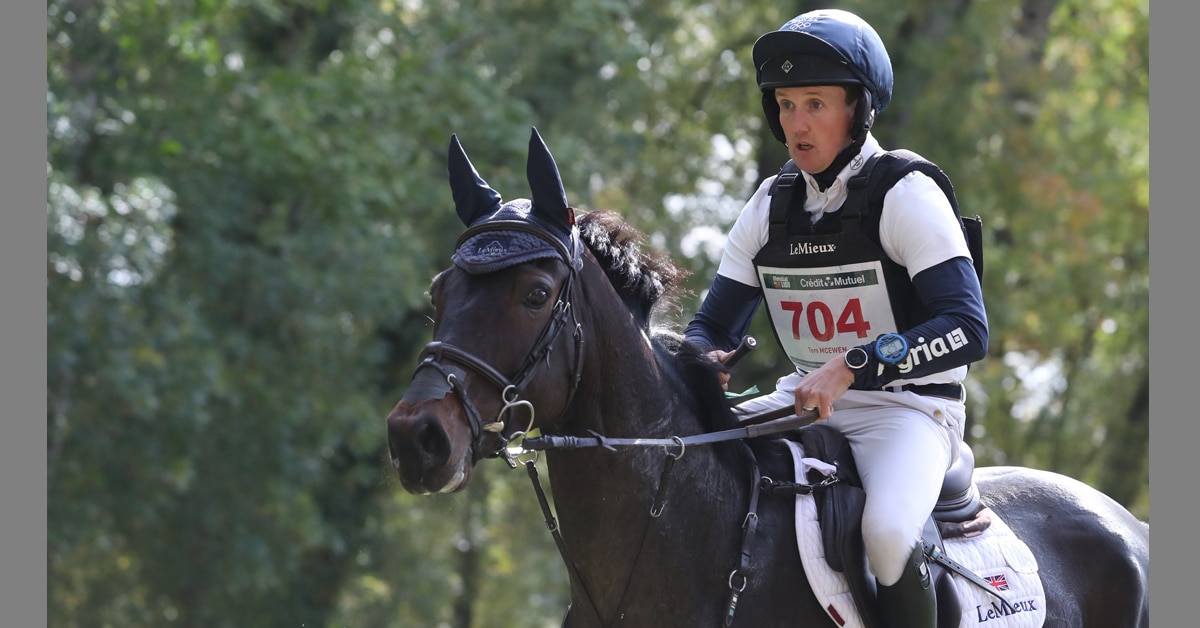In a pair of $63,000 classes, the American piloted First Lady to take the Welcome Stake, while Gemma W won the Speed with the Israeli rider.
A selfless volunteer and hard-working official, Renz was one of Canadian eventing's most passionate supporters.
The 10th Annual Equine Industry Symposium, Nov. 18-19, organized by University of Guelph students, is free and features engaging speakers.
In order to coincide with Olympic and World Championship years, the JCHOF will next be held on Nov. 8, 2026, at the Liberty Grand in Toronto.
Unlike other sports where athletes can practice the same exercise indefinitely, no two jumps are exactly the same.
EC has released the requirements for jumping, para-dressage, dressage and eventing to be considered for this important Olympic qualifier.
Canadian riders, coaches, and business owners have access to new programs to help them create a safer, smarter, more sustainable future.
Testing agency responds over delay in provisional suspension of the Irish rider who tested positive for a stimulant on the WADA Prohibited List.
Several Canadians helped showcase six- and seven-year-old horses at the FEI WBFSH Eventing World Breeding Championship.
The Dutch rider ended the drought of female World Cup qualifier winners in Norway which has stood for the past decade.
